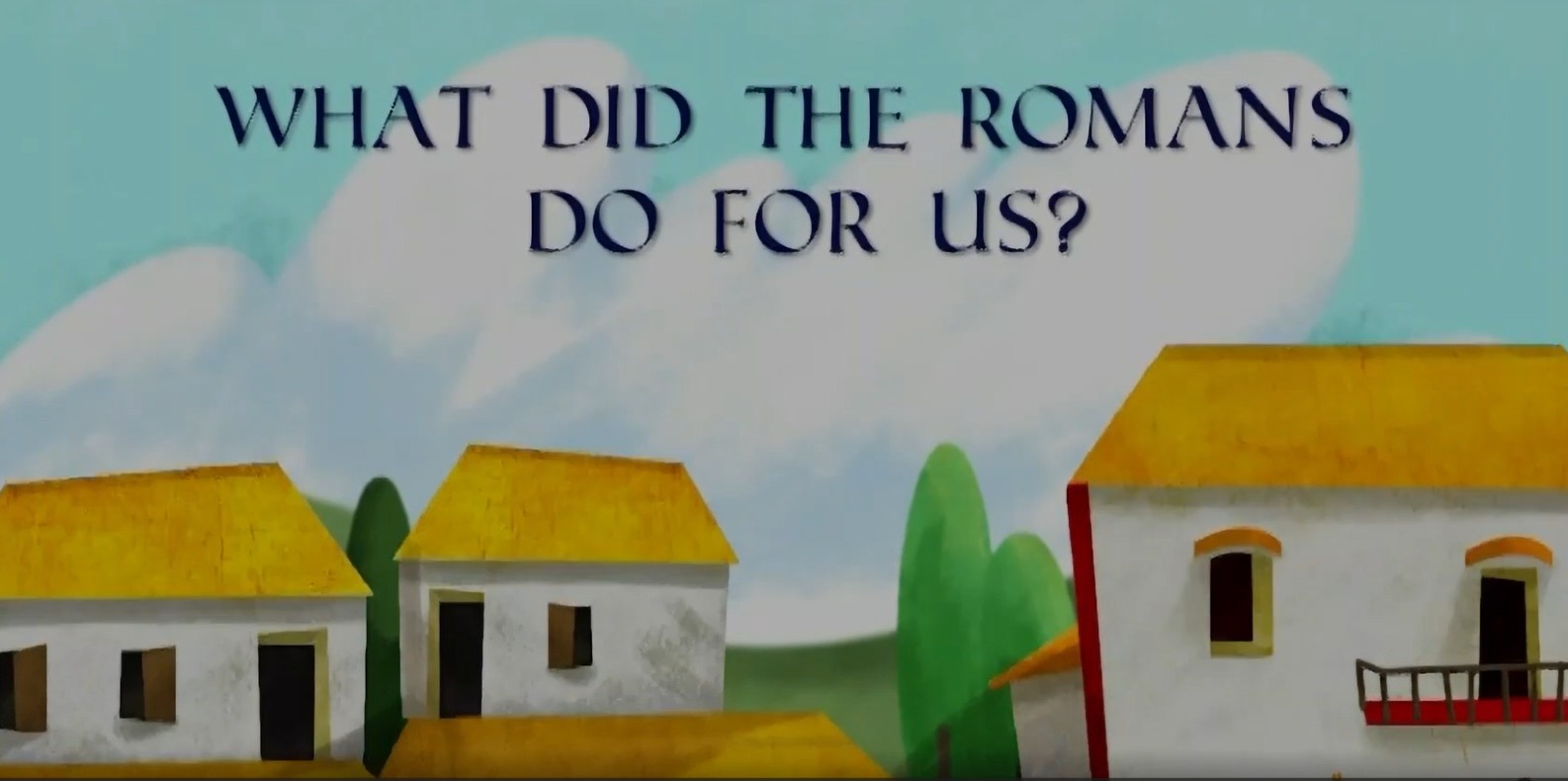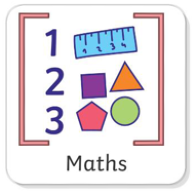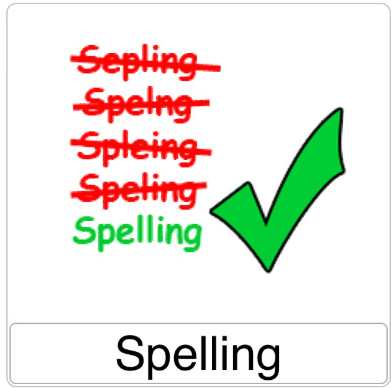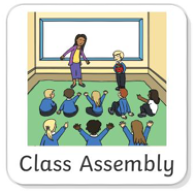Tuesday 14th October 2025
Complete these subtractions. Remember to rename if you need to.

Tuesday 14th October 2025
LC: To explain the significance of the lasting impact of the Roman Empire on Britain.
- Many of the names of the towns and cities across England and Wales indicate Roman origins. Colchester, Manchester and Winchester all include 'chester' - which comes from the Latin word castrum, meaning 'fortress'. Places names in Wales that begin 'Caer' or 'Car' are also named after Roman forts.
- Many of the roads in England follow the route of ancient Romans roads. And many of the words we speak also have their origins in the Latin spoken by the Romans.
- Roman concrete benefitted from the addition of seawater and their structures often included arches, a form of support that is much stronger than flat beams.
- Roman culture has influenced artists and writers across the centuries, including William Shakespeare who write several 'Roman plays' - including Julius Caesar and Anthony and Cleopatra.
- The months of the year are named after Roman words - including 'June' from the goddess Juno, 'July' from Julius (Caesar) and 'August' from Augustus (Caesar).
- Ancient Rome has also influenced the legal system of many countries - including Britain - and many countries model their government on Ancient Rome, choosing to be republics with elected senators serving in a senate.
Task
Using what you have learned, create a fact file about the lasting impact of the Roman Empire on Britain.
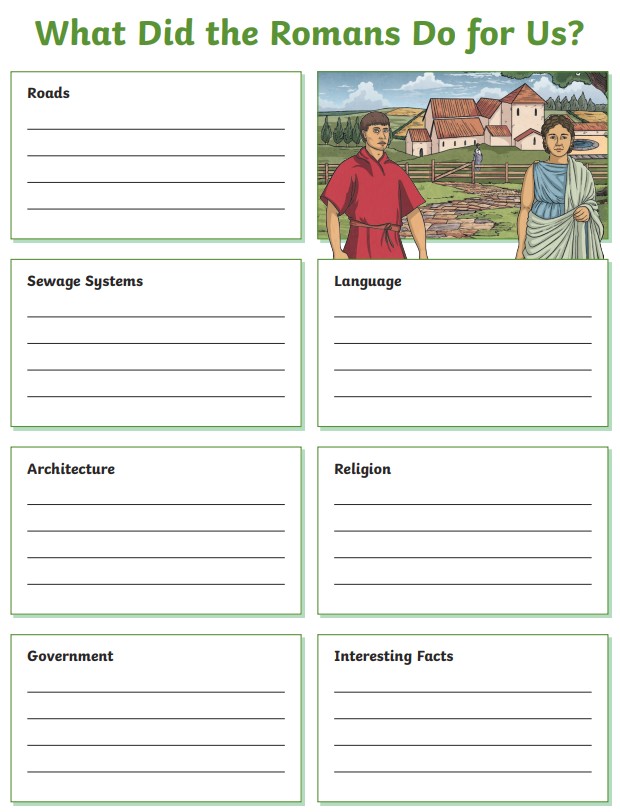
Extra challenge:
Work in groups of three and decide your roles:
interviewer interviewee film crew.
Film an interview of someone asking another about the impact of the Roman Empire on Britain. Plan the questions together before you begin.
Air drop your interview to your teacher.
Punctuation Warmup
LC: Use inverted commas and other punctuation to indicate direct speech.
Collect and classify
When we write speech, the reporting clause tells us who has spoken and how they said the words.
Speech followed by a reporting clause:
"I think she's taking us home," whispered Ishbel.
Reporting clause followed by speech:
Ishbel sighed, "I'm hungry. Are you hungry?"
Split speech with a reporting clause in the middle:
"I'm hungry," said Kenneth. Are you hungry?"
"Neither can I, said Ishbel, "and that great big monster is probably still under us right now!"
Omitted reporting clause:
She took the key from Kenneth. "I'll open the door. You stay safely back.
Can you find more examples?
Tuesday 14th October 2025
LC: Generate ideas for a story.
This is the plot pattern for our story. We will create different ideas for new characters, a new problem and resolution.
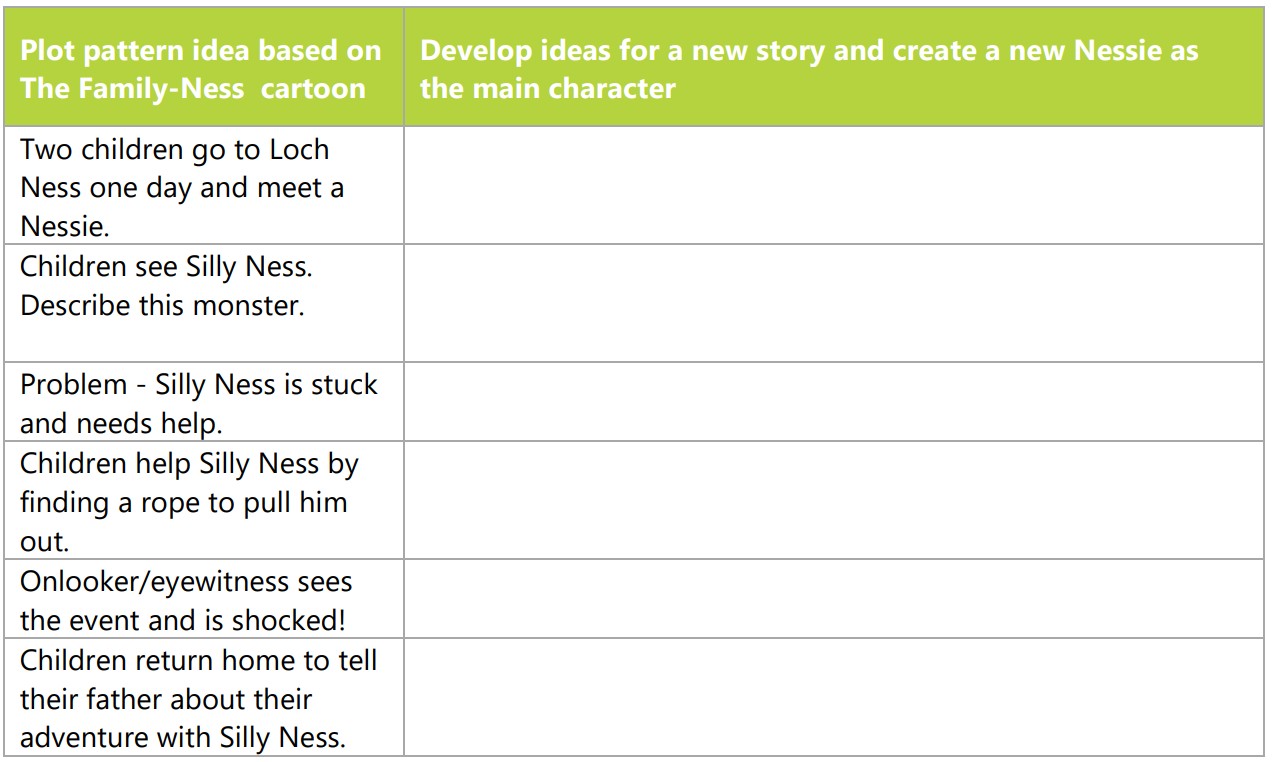
What might the problem be for a different monster? How might the children solve the problem (resolution)?
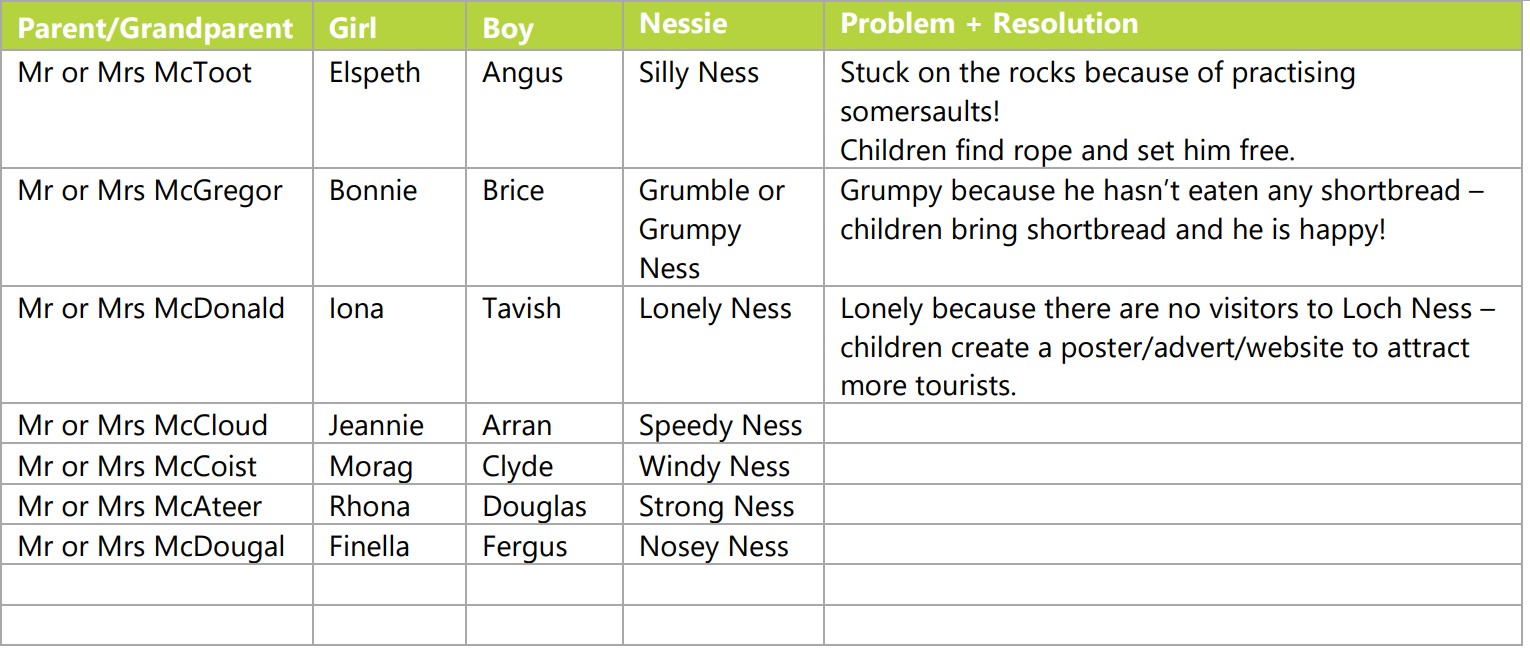
14.10.25
Maths Review 1: Number and Place Value.
Complete Review 1 on pages 28-30.
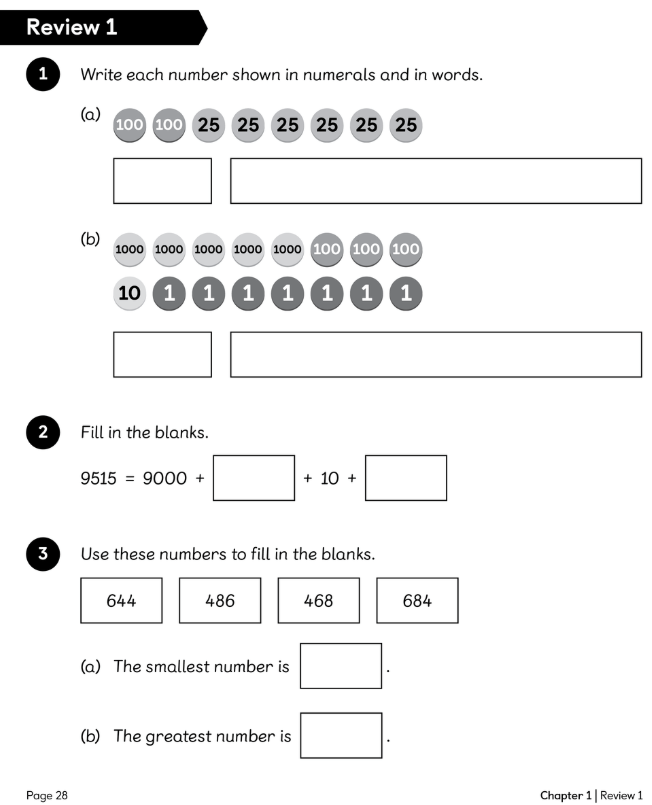
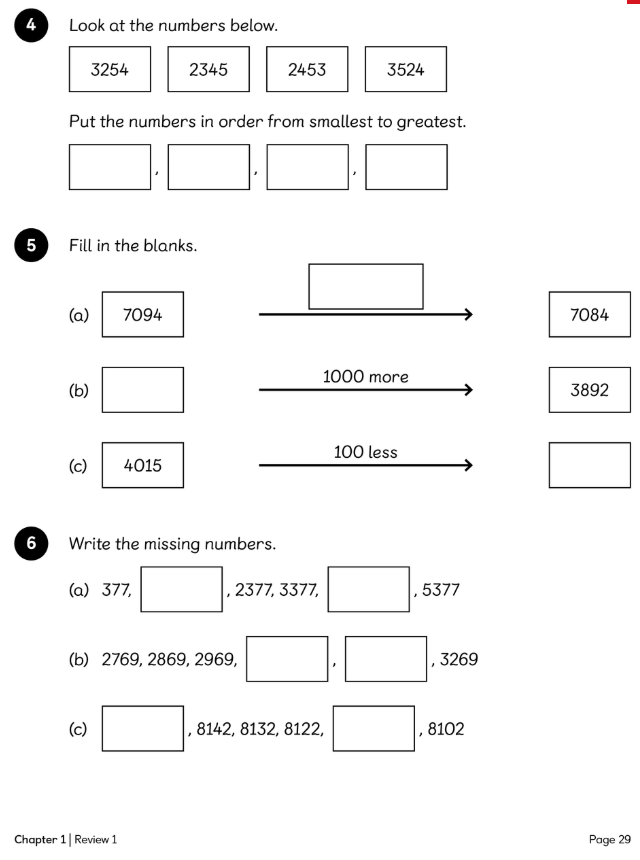
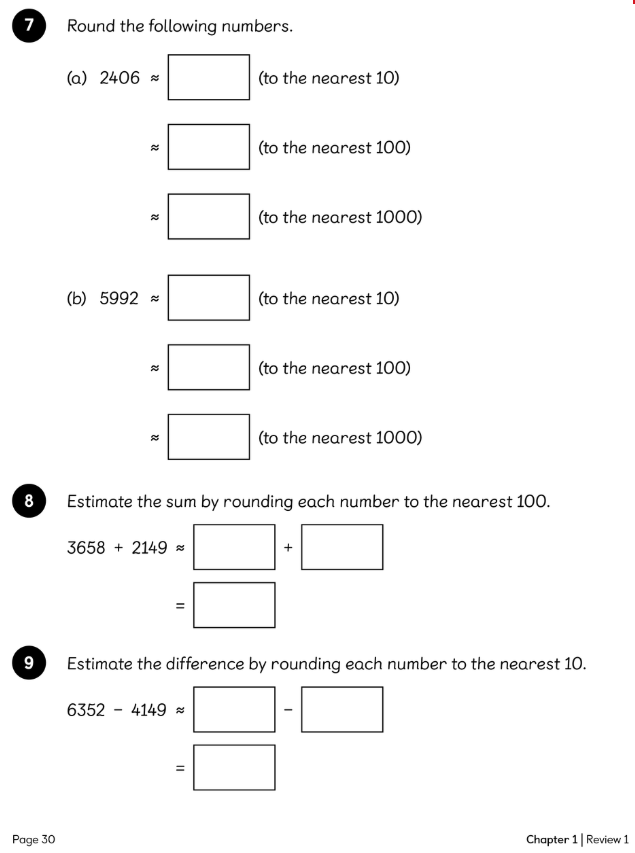
Tuesday 14th October 2025
LC: Know the rules for adding the suffix 'ly'
Review
Can you compose and write a sentence (this can be a silly sentence) which contains as many of these words as possible. You will also need to add some of your own words to ensure the sentence makes sense. You will get one point for each of the words you have spelled correctly.

Learning
Can you remember what a suffix is?
 A suffix is a type of word ending used at the end of one word to turn it into another word.
A suffix is a type of word ending used at the end of one word to turn it into another word.
Suffixes cannot stand on their own as a complete word.
Let's remind ourselves of the spelling rules for adding the suffix –ly.
We will use the sticky word strategy Colourful Words to apply each rule:
Rule 1
For most words, 'ly' is added straight on without any change to the last letter
For example
actual actually
different differently.
Rule 2
If the root word ends in -le, the -le must be dropped before adding -ly,
For example
gentle gently
wrinkle wrinkly
Rule 3
If the root word has more than one syllable and ends in -y with a consonant before it, the y is changed to an i before the suffix is added.
For example
easy easily
greedy greedily
Read with me:
basic basically
dramatic dramatically
practical practically
What do you notice?
How does each root word end?
What happens to the -ly suffix?
If the root word ends in -ic, -ally is added rather than just -ly. (There is one exception to this - the word publicly).
We can use our Colourful Words strategy to help us remember the tricky parts of spelling words.
frantic frantically
Write these words in your book using the strategy.
critic critically
This rule is also true for the words accident and occasion. Although these root words don't end in -ic, -ally is added rather than just -ly.
accident accidentally
occasion occasionally
Practise and Apply
Look at these words.
Using the Colourful Words strategy to help you remember how to spell them, say then write each one in a sentence.
actually
greedily
accidentally
Listen to Mariah Carey's Hero.
Reflect on who is your hero and what qualities have they got that makes them your hero.






